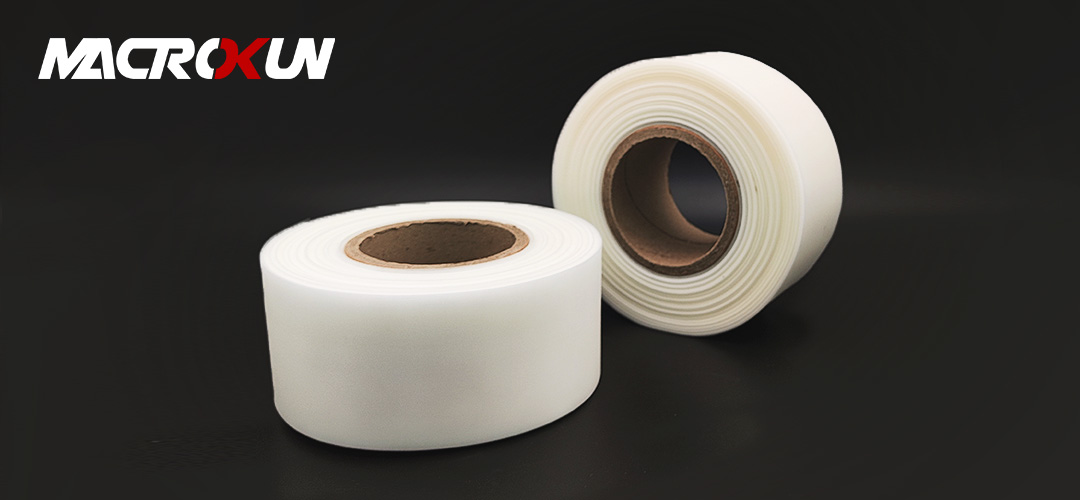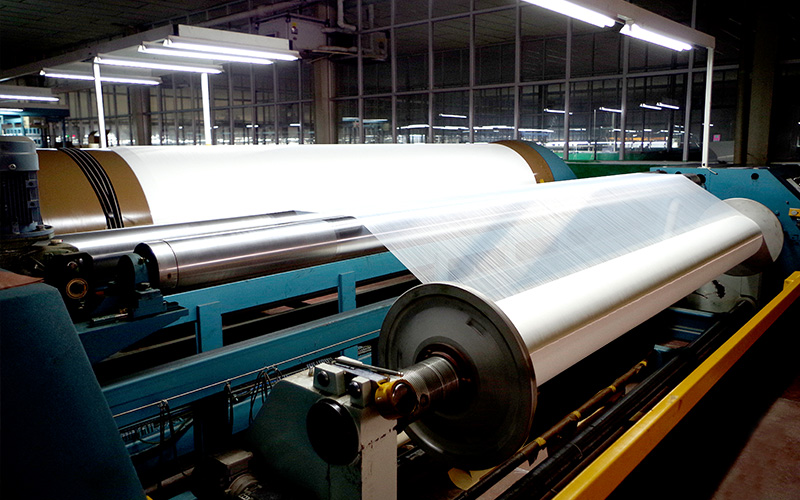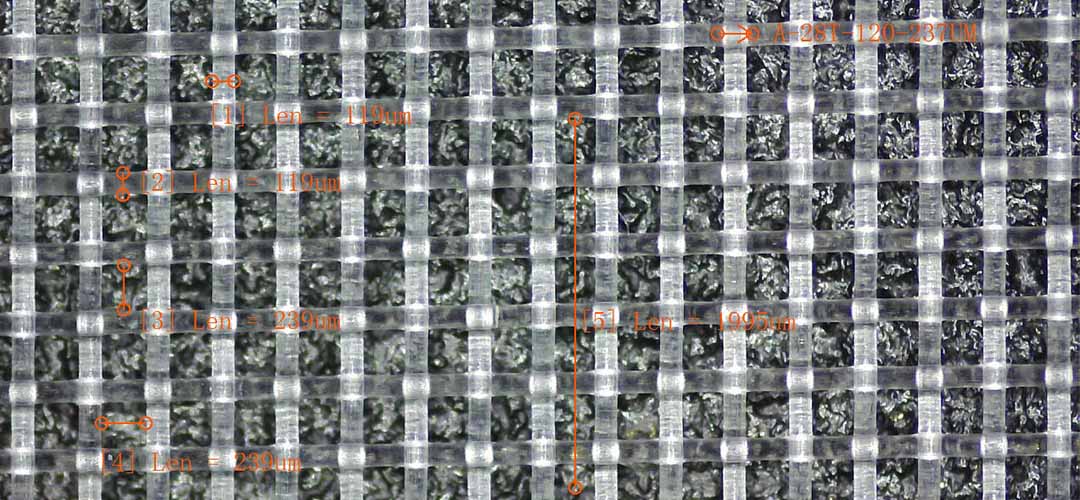Nylon mesh filter cloth is a versatile and durable material that is commonly used in industrial filtration applications. Its unique properties make it an ideal choice for a wide range of industries, including food and beverage, pharmaceutical, chemical, and wastewater treatment. In this article, we will explore the benefits of using nylon mesh filter cloth in industrial filtration.

One of the key advantages of nylon mesh filter cloth is its excellent strength and durability. Nylon is a synthetic material that is known for its high tensile strength and resistance to abrasion, making it ideal for use in demanding industrial environments. Nylon mesh filter cloth can withstand high temperatures and harsh chemicals without degrading, ensuring long-lasting performance and reliability.
In addition to its strength and durability, nylon mesh filter cloth offers excellent filtration efficiency. The fine mesh structure of nylon allows for the efficient removal of particles and contaminants from liquids and gases, ensuring a clean and pure end product. Nylon mesh filter cloth can be customized to meet specific filtration requirements, making it a versatile and adaptable solution for a wide range of industrial applications.

Another benefit of using nylon mesh filter cloth is its ease of maintenance. Nylon is a non-absorbent material that is resistant to mold and bacteria growth, making it easy to clean and sanitize. Nylon mesh filter cloth can be easily rinsed or washed to remove trapped particles and contaminants, ensuring optimal filtration performance and prolonging the life of the filter cloth.
Furthermore, nylon mesh filter cloth is cost-effective and environmentally friendly. Nylon is a lightweight material that is easy to transport and install, reducing labor and transportation costs. Nylon mesh filter cloth is also reusable and recyclable, making it a sustainable choice for industrial filtration applications.
In conclusion, nylon mesh filter cloth offers a wide range of benefits for industrial filtration applications. Its strength, durability, filtration efficiency, ease of maintenance, cost-effectiveness, and environmental friendliness make it an ideal choice for a variety of industries. Whether you are filtering liquids, gases, or solids, nylon mesh filter cloth can help you achieve optimal filtration performance and ensure a clean and pure end product. Consider using nylon mesh filter cloth in your industrial filtration processes to experience the many benefits it has to offer.
Nylon mesh filter cloth is a versatile and durable material that is commonly used in industrial filtration applications. It is known for its strength, flexibility, and resistance to abrasion, making it an ideal choice for a wide range of filtration processes. Understanding the different types of nylon mesh filter cloth available and how to choose the right one for your specific application is crucial to achieving optimal filtration results.

When selecting a nylon mesh filter cloth, it is important to consider the mesh size, weave pattern, and thread diameter. The mesh size refers to the number of openings per inch in the fabric, with smaller mesh sizes providing finer filtration and larger mesh sizes offering coarser filtration. The weave pattern, such as plain weave or twill weave, affects the strength and flow rate of the cloth. The thread diameter determines the overall strength and durability of the filter cloth.
In addition to these factors, it is also important to consider the chemical compatibility of the nylon mesh filter cloth with the substances being filtered. Nylon is resistant to many chemicals, but it may not be suitable for certain corrosive or abrasive materials. It is important to consult with a filtration expert to determine the best material for your specific application.
Another important consideration when choosing a nylon mesh filter cloth is the micron rating. This refers to the size of the particles that the filter can capture, with lower micron ratings indicating finer filtration. The micron rating should be selected based on the size of the particles that need to be removed from the fluid or gas being filtered.
In addition to the technical specifications of the nylon mesh filter cloth, it is also important to consider the physical characteristics of the material. Nylon mesh filter cloth is available in a variety of colors, thicknesses, and finishes, allowing for customization to meet specific filtration requirements. Some applications may require a thicker or more rigid material, while others may benefit from a more flexible or lightweight option.
When choosing a nylon mesh filter cloth for industrial filtration, it is important to work with a reputable supplier who can provide guidance and expertise in selecting the right material for your specific application. A knowledgeable supplier will be able to recommend the best mesh size, weave pattern, thread diameter, and micron rating based on your filtration needs.
In conclusion, nylon mesh filter cloth is a versatile and durable material that is well-suited for a wide range of industrial filtration applications. By understanding the different types of nylon mesh filter cloth available and how to choose the right one for your specific application, you can achieve optimal filtration results and ensure the efficiency and effectiveness of your filtration process. Working with a reputable supplier who can provide guidance and expertise in selecting the right material is key to successful filtration.
Nylon mesh filter cloth is a popular choice for industrial filtration due to its durability, flexibility, and efficiency in capturing particles of various sizes. However, like any other filtration material, nylon mesh filter cloth requires proper maintenance to ensure optimal performance and longevity. In this article, we will discuss some maintenance tips for extending the lifespan of nylon mesh filter cloth in industrial applications.
First and foremost, regular cleaning is essential to prevent clogging and maintain the efficiency of nylon mesh filter cloth. Depending on the type of contaminants being filtered, the frequency of cleaning may vary. In general, it is recommended to clean the filter cloth at least once a week to remove accumulated particles and debris. This can be done by rinsing the filter cloth with water or using a mild detergent solution to dissolve stubborn contaminants.
In addition to regular cleaning, it is important to inspect the nylon mesh filter cloth for any signs of wear and tear. Over time, the filter cloth may develop tears, holes, or frayed edges, which can compromise its filtration efficiency. Inspecting the filter cloth regularly allows you to identify any damage early on and take corrective action, such as patching up holes or replacing the filter cloth if necessary.
Another important maintenance tip for extending the lifespan of nylon mesh filter cloth is to avoid exposing it to harsh chemicals or extreme temperatures. Chemicals such as acids, alkalis, and solvents can degrade the nylon material and reduce its filtration effectiveness. Similarly, exposure to high temperatures can cause the nylon mesh filter cloth to melt or deform, rendering it unusable. It is important to store the filter cloth in a cool, dry place away from direct sunlight and chemical fumes to prolong its lifespan.
Proper handling and installation of nylon mesh filter cloth are also crucial for maintaining its integrity and performance. When installing the filter cloth, make sure to secure it tightly in the filter housing to prevent bypassing of contaminants. Avoid stretching or pulling the filter cloth too tightly, as this can cause it to tear or lose its shape. Additionally, handle the filter cloth with care to avoid damaging the delicate mesh structure.
Lastly, it is important to replace the nylon mesh filter cloth on a regular basis to ensure optimal filtration performance. Over time, the filter cloth may become saturated with contaminants and lose its ability to capture particles effectively. By replacing the filter cloth at recommended intervals, you can maintain the efficiency of your filtration system and prevent costly downtime due to filter failure.
In conclusion, proper maintenance is key to extending the lifespan of nylon mesh filter cloth in industrial filtration applications. By following these maintenance tips, you can ensure that your filter cloth remains in top condition and continues to provide reliable filtration for your operations. Remember to clean the filter cloth regularly, inspect it for damage, avoid exposure to harsh chemicals and extreme temperatures, handle it with care during installation, and replace it as needed. With proper maintenance, your nylon mesh filter cloth can deliver consistent filtration performance and help you achieve optimal results in your industrial processes.
Pre: How Nylon Mesh Filter Screens Improve Industrial Processes
Next: Top Applications of Nylon Mesh Filter Cylinders in Industries

MACROKUN has established long-term and stable cooperative relations with many transportation companies such as China Post, DHL, FEDEX, USPS, UPS, etc. Of course, MACROKUN can also provide air and sea transportation. The powerful logistics system enables all MACROKUN'S Printing Mesh, Filter Mesh and Filter Bags and so on to be easily and efficiently transported to any place. For quotes and inquiries, please email our sales team.





